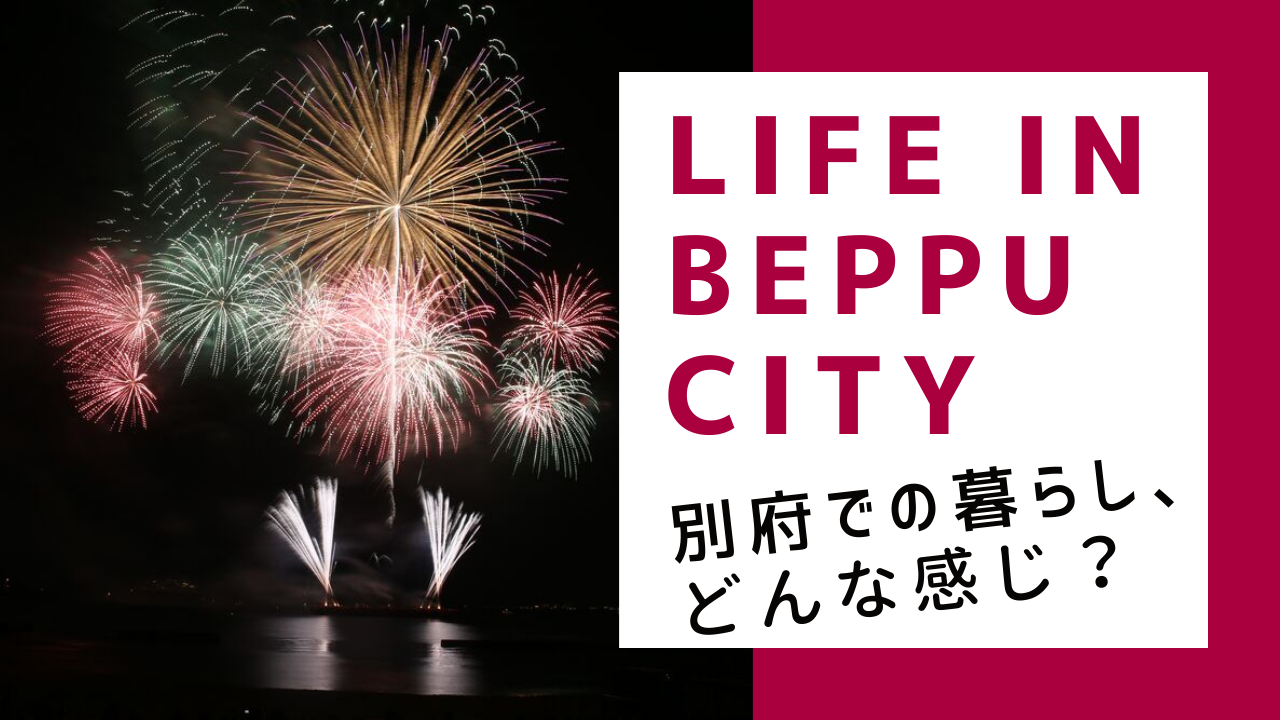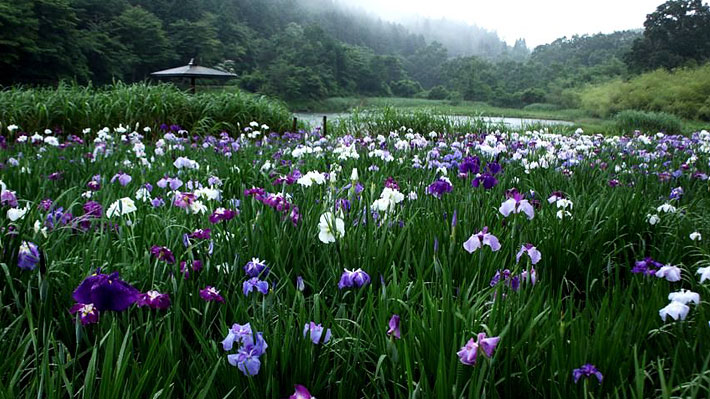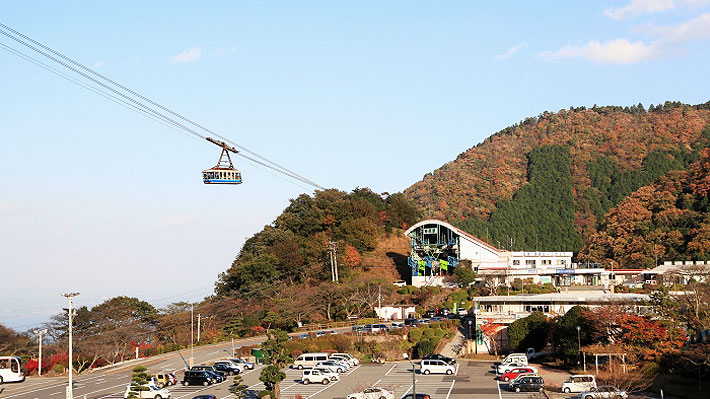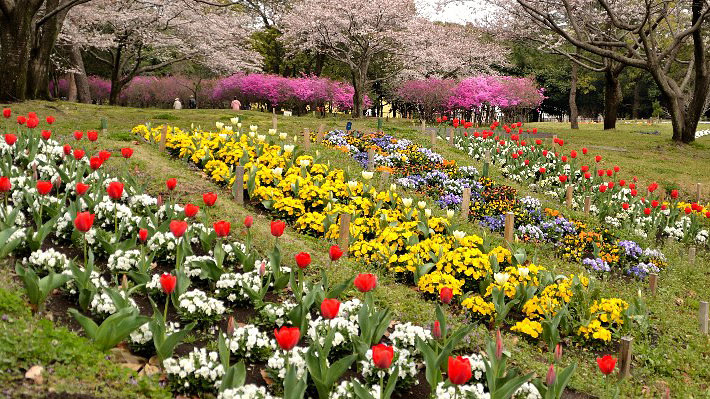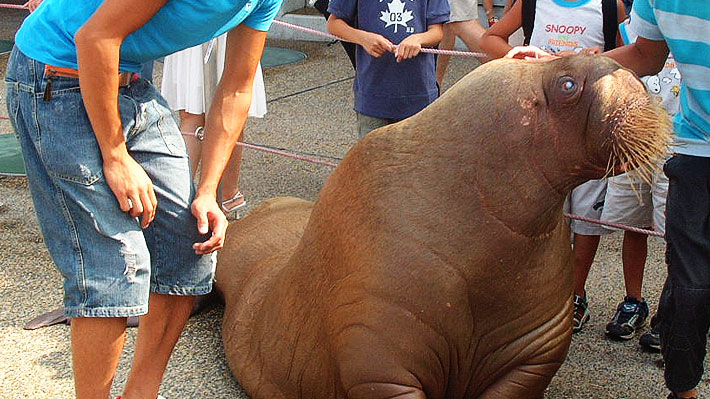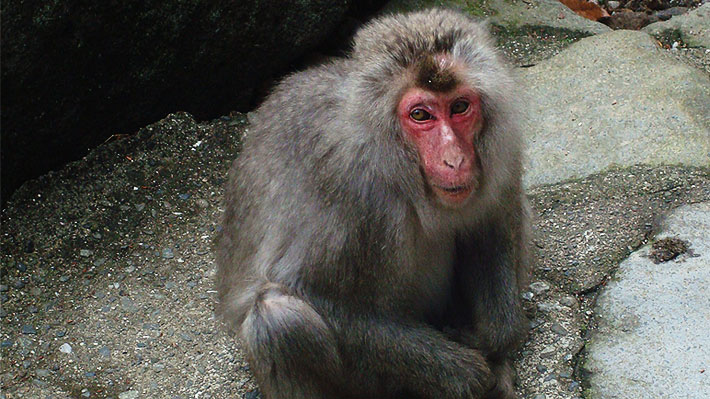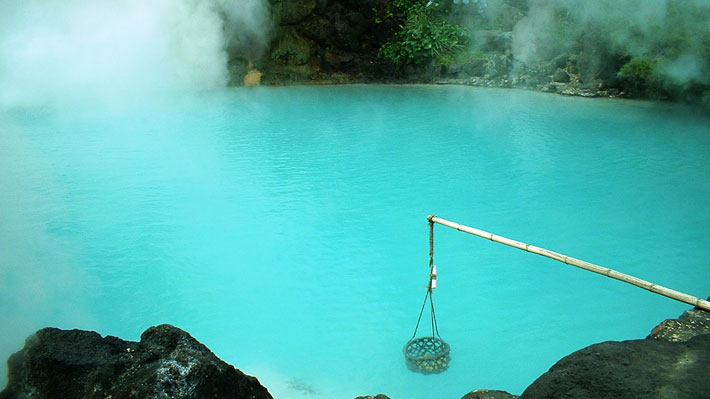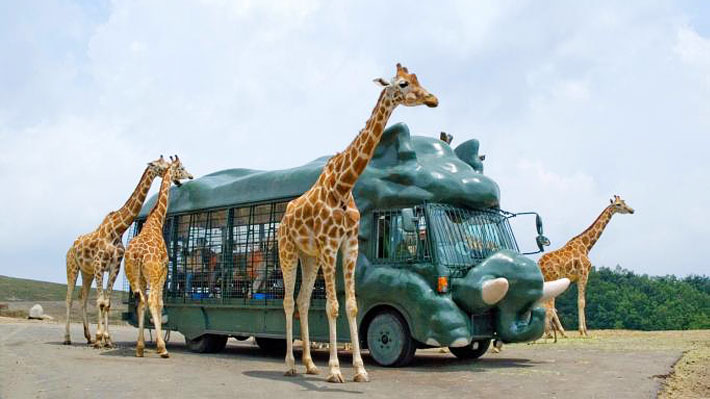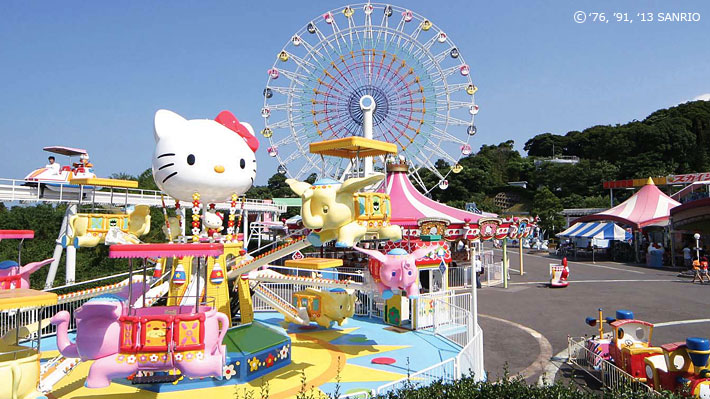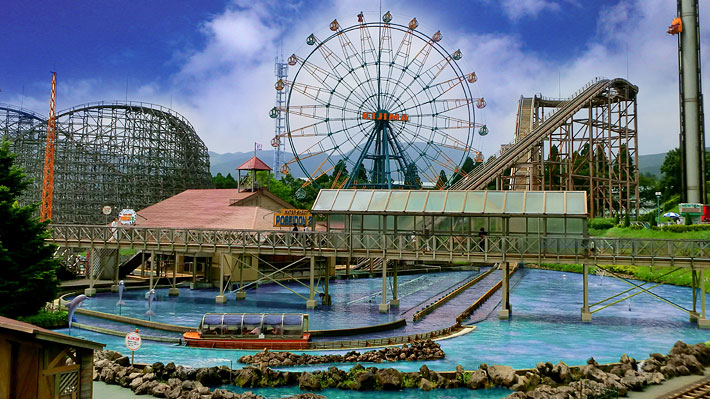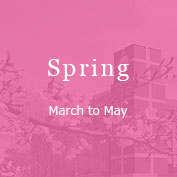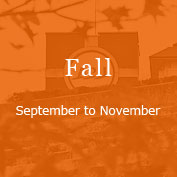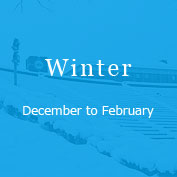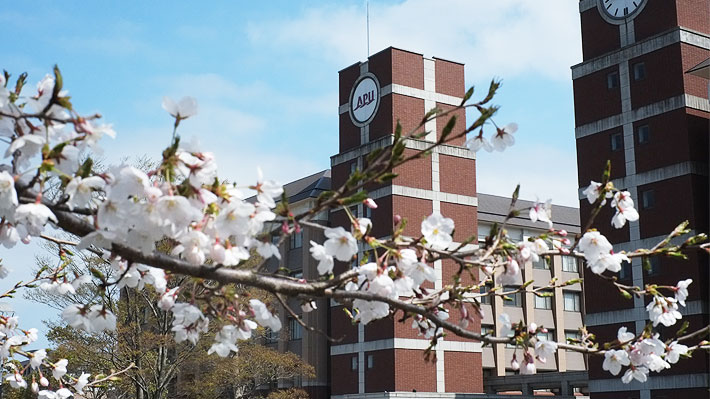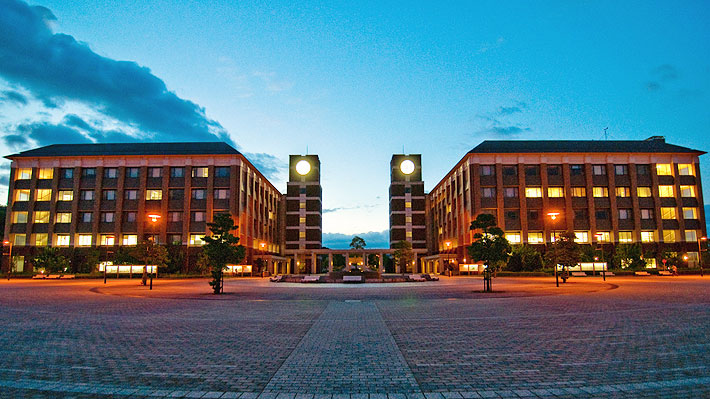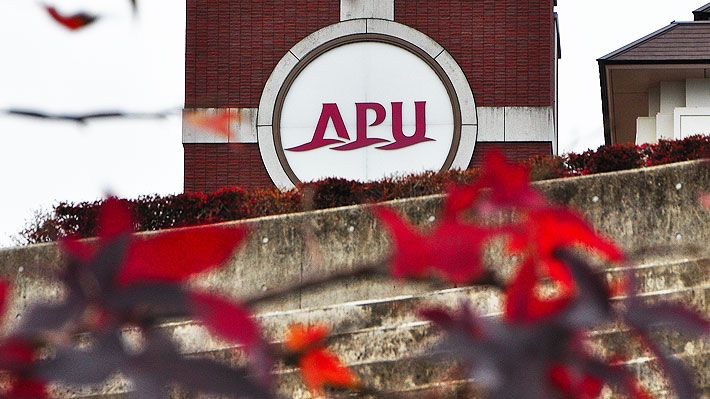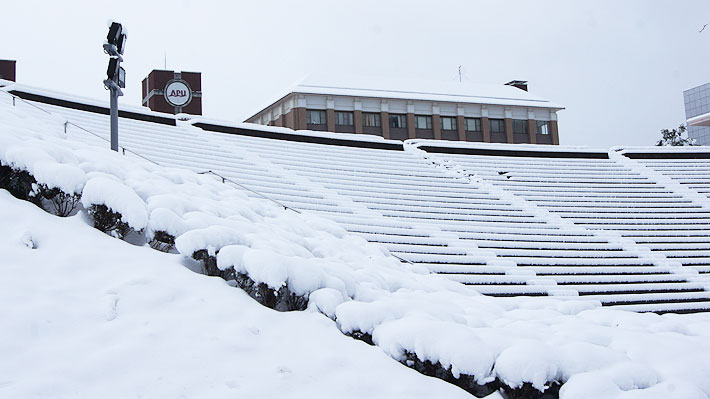Beppu, the second biggest city in Oita Prefecture, is located in the central part of the prefecture and has a population of approximately 120,000. Blessed by nature, the city is also Japan’s hot spring capital.
Beppu: Hot Spring Capital of Japan
Beppu is home to over 2,500 hot springs, making it Japan's biggest source of natural hot spring water by volume and the second largest in the world after Yellowstone National Park in the United States. Ten of the 11 known types of hot springs in the world exist in Beppu, which has eight distinct hot spring districts: Beppu, Kannawa, Kankaiji, Myoban, Kamegawa, Shibaseki, Horita and Hamawaki. These are collectively referred to as ”Beppu Hatto”. There are many different kinds of hot springs in the city, including hot spring steam baths, hot sand baths, and one of the largest mud baths in the world. Beppu is also famous for its ”jigokumushi”, or hot spring steam cooking. As one of Japan’s famous centers of ”onsen” (hot spring) culture, Beppu attracts visitors from all corners of Japan and throughout the world year-round.
*Please click on the photos to a picture to enlarge it.
Natural Beauty
Blessed with mountains, lakes and ample coastline, Oita offers a variety of gorgeous scenery for every season. In Beppu, spring brings with it fresh greenery and cherry blossoms, while sun-soaked beaches make for an enjoyable summer. The golden rice terraces and many-colored foliage usher in fall, and the snow-capped peaks of Mt. Tsurumi and other mountains round out the four seasons. The surrounding area is full of spots for swimming, fishing, diving, camping and other outdoor activities.
*Please click on the photos to a picture to enlarge it.
Tourist Attractions
From zoos to amusement parks, there are many exciting tourist attractions in and around Beppu for people of all ages.
*Please click on the photos to a picture to enlarge it.
Weather in Beppu
Since Japan is a long series of islands stretching from north to south, the weather varies widely depending on the region. Beppu is located in eastern Kyushu, the southernmost of the four main islands, and its climate is relatively mild year-round. The four distinct seasons bring with them different kinds of natural scenery, not to mention seasonal delicacies unique to the region. The APU campus is on a mountain, and it sometimes snows in the mountains in the winter. This is the perfect time to warm yourself up in one of the city's many hot springs.
Annual rainfall and average temperatures
Average temperatures in Oita (2012)
| Jan |
Feb |
Mar |
Apr |
May |
Jun |
Jul |
Aug |
Sep |
Oct |
Nov |
Dec |
Avg.
temp.
(C°) |
5.8 |
5.4 |
10.1 |
15.2 |
19.2 |
21.9 |
26.8 |
27.7 |
24.3 |
18.9 |
12.6 |
7.2 |
Average monthly rainfall in Oita Prefecture (2012)
| Jan |
Feb |
Mar |
Apr |
May |
Jun |
Jul |
Aug |
Sep |
Oct |
Nov |
Dec |
Avg.
rain
fall
(㎜) |
28.0 |
147.0 |
101.5 |
129.0 |
92.5 |
630.5 |
516.5 |
191.0 |
234.0 |
72.5 |
57.0 |
64.0 |


